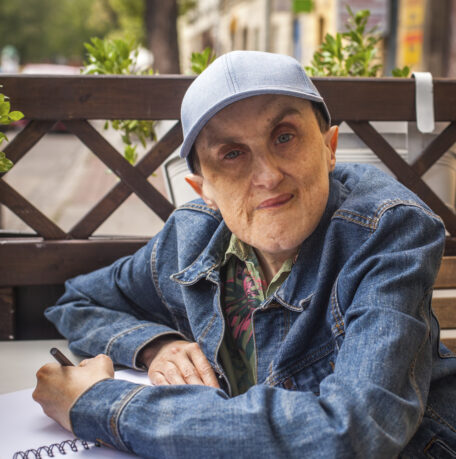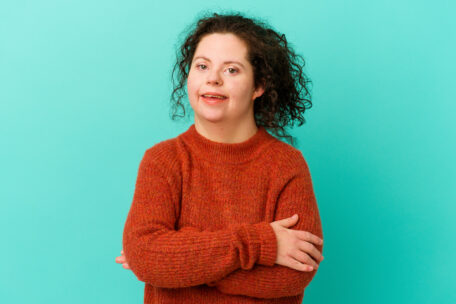What is SDA?
Finding suitable accommodation that caters to the unique needs of individuals with disabilities can be a daunting task. However, Specialist Disability Accommodation (SDA) offers a transformative solution that promotes independence, comfort, and a higher quality of life. So what is SDA? In this post, we will explore what SDA entails, its benefits, eligibility criteria, and how it is revolutionising the housing landscape for people with disabilities.
What is Specialist Disability Accommodation (SDA)? Specialist Disability Accommodation refers to purpose-built housing designed for individuals with extreme functional impairment or high support needs. SDA focuses on creating homes that accommodate specific disabilities, incorporating features that enhance accessibility, safety, and comfort. This initiative aims to empower individuals with disabilities by providing them with suitable housing options and promoting independent living.

Benefits of Specialist Disability Accommodation:
- Enhanced Choice and Control: SDA allows individuals to choose their preferred housing options and locations, giving them more control over where and how they live. Whether it’s a shared home, apartment, or villa, SDA offers a range of choices to suit different needs and preferences. Additionally, individuals can select their on-site support providers, ensuring compatibility and personalized care.
- Improved Safety and Accessibility: SDA properties adhere to high-quality standards that prioritize safety and accessibility. These purpose-built homes feature modified living spaces, specialized equipment, and assistive technology to enhance independence and reduce physical barriers. From wheelchair-accessible bathrooms to adjustable kitchen counters, SDA homes are designed to meet the unique needs of residents.
- Enhanced Quality of Life: By providing a supportive and inclusive living environment, SDA enhances the overall quality of life for individuals with disabilities. Residents can experience increased privacy, autonomy, and dignity, as well as opportunities for socialization and community engagement. The presence of on-site support staff ensures round-the-clock assistance, fostering a sense of security and well-being.
Eligibility for Specialist Disability Accommodation:
To be eligible for Specialist Disability Accommodation, individuals must meet specific criteria. The eligibility is determined by the National Disability Insurance Scheme (NDIS) in Australia. Generally, individuals who require a high level of support due to their extreme functional impairment or complex medical needs may qualify for SDA funding. It is essential to consult with an NDIS planner or support coordinator to determine eligibility and explore available options.

The Future of Specialist Disability Accommodation:
As the demand for Specialist disability accommodation continues to grow, there are ongoing efforts to expand and improve the accommodation options available. Industry leaders, developers, and disability experts are working collaboratively to push the boundaries of innovation and ensure that SDA housing meets the evolving needs of individuals with disabilities. This includes integrating smart home technologies, sustainable design principles, and person-centered approaches to enhance the overall living experience.
Conclusion:
Specialist Disability Accommodation is a game-changer for individuals with disabilities, offering a range of benefits that promote independence, choice, and a higher quality of life. By providing purpose-built housing options designed to meet specific needs, Specialist disability accommodation enhances safety, accessibility, and comfort. With opportunities for social connection, increased autonomy, and personalized support, SDA paves the way for individuals with disabilities to live fulfilling and meaningful lives. If you or a loved one are eligible for SDA, consult with professionals who can guide you through the process and help you embark on a journey towards independence and empowerment.
Want to find out how to get SDA funding in your NDIS plan? Click on me!
